
Read or listen offline
Amazon KindleRecommendation
Political commentators have blamed Donald Trump’s surprise victory and the United Kingdom’s Brexit vote at least partially on the “echo chamber” effect: Algorithms customize what people see online to the extent that they only see confirmations of what they believe or think they know. However, as Richard Fletcher and Rasmus Nielsen, two researchers at the Reuters Institute for the Study of Journalism at the University of Oxford, point out, their survey data don’t bear out the argument that social media use shelters people from alternative opinions. Their research instead suggests that social media expose people to a diversity of news sources even if they don’t care about the news. getAbstract recommends Fletcher and Neilsen’s analysis to media professionals, polling experts and Internet activists.
Summary
About the Authors
Richard Fletcher and Rasmus Kleis Nielsen are researchers at the Reuters Institute for the Study of Journalism at the University of Oxford.








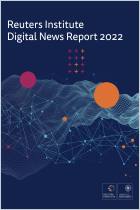
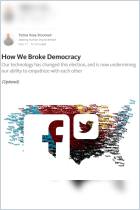
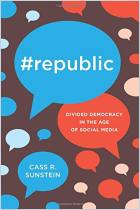
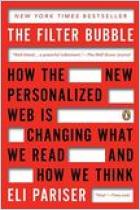
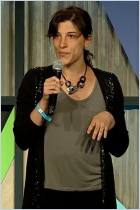


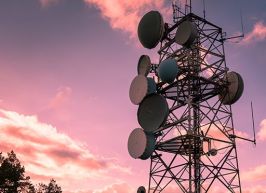

Comment on this summary